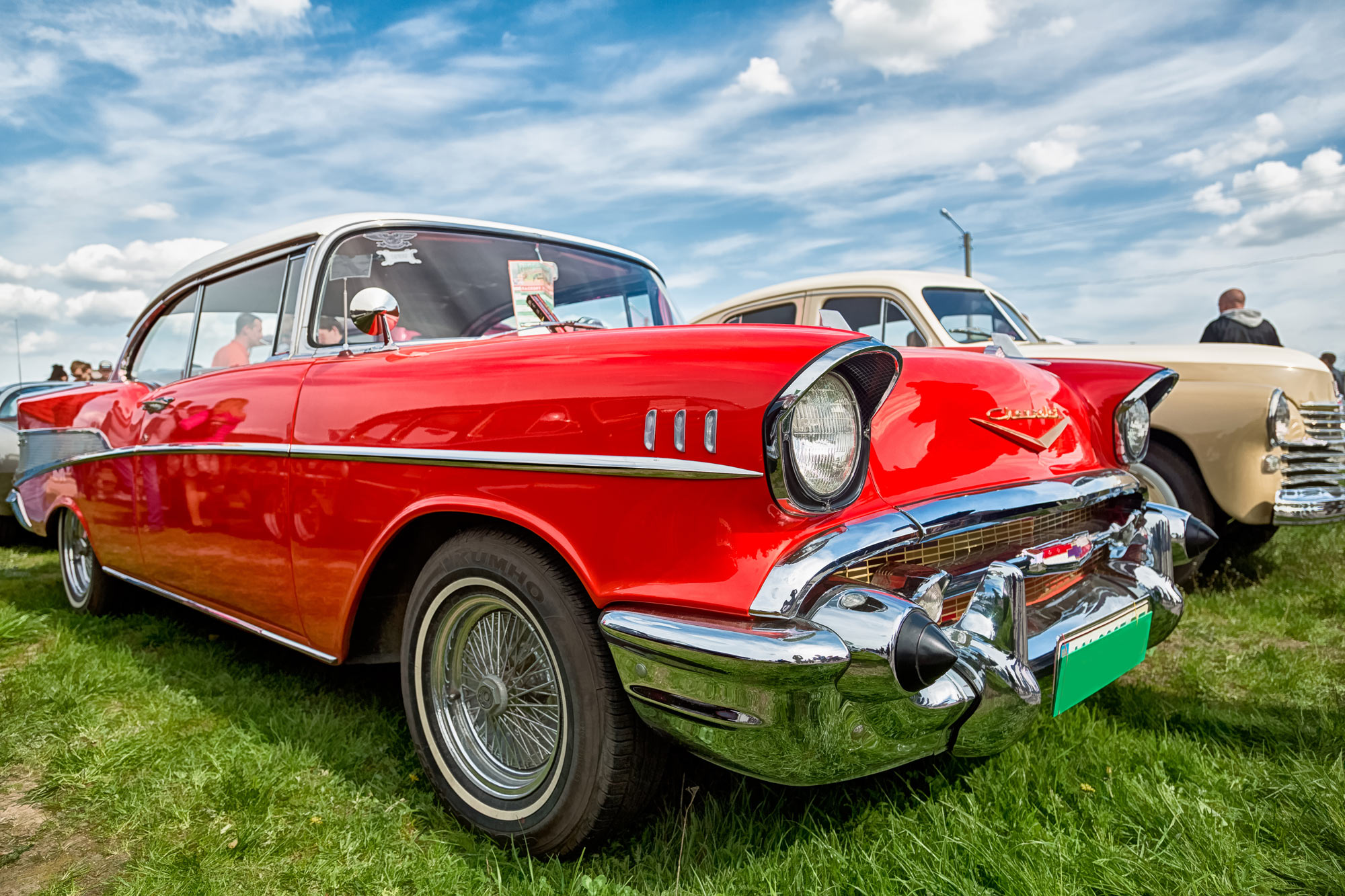Understanding Agreed-Value Car Insurance and When to Opt In
If you own a classic or collector car, agreed-value insurance lets you determine a fair guaranteed payout for your vehicle in case of an accident.
 Adobe Stock
Adobe Stock
You know the true worth of your classic or collector car. But in the event your vehicle is totaled in an accident, your insurance may not offer you the payout you expect. That's why vehicle owners may choose agreed-value insurance to protect their assets.
By signing up for agreed-value insurance, you and your provider decide on a guaranteed price for your vehicle before a serious accident can occur. This way, the payout is predetermined instead of being decided by your insurance company after the fact.
This type of coverage may cost more than traditional insurance and have limited provider options, but it could be the best way to ensure you aren't lowballed over your car's unique worth.
What Is Agreed-Value Car Insurance?
Some providers offer agreed-value insurance, which allows you and your insurer to determine a fixed amount that your vehicle is worth to ensure a future fair valuation. This amount is your guaranteed maximum payout in the event your vehicle is considered a total loss after an accident.
Unlike typical car insurance, agreed-value insurance does not factor depreciation into your payout. It also allows you to provide documentation that validates the value of your vehicle, which can be especially important if you have a vehicle that could increase in resale value over time. However, this type of insurance isn't always available through the larger insurance companies and may only be offered by those who partner with specialty providers.
When To Consider Agreed-Value Insurance
While agreed-value insurance may not be the right choice for everyone, there are a few scenarios when you may decide to opt for this type of coverage:
- You've purchased a classic car
- You've restored a collector's vehicle
- You've added customizations to your vehicle that increase its value
- You're worried about how depreciation may impact your car's value
- You want a written guarantee of your vehicle's value in case of an accident
- Your car's value cannot be easily determined using valuation tools such as Kelley Blue Book
How Agreed-Value Insurance Works
When you apply for agreed-value car insurance, you will be prompted to provide documentation such as receipts, photos, appraisals, and any other relevant evidence that proves the value of your car.
The insurance provider will likely also send their own appraiser to evaluate your vehicle, taking into consideration the condition, mileage, location, classification, age, and specifications of your vehicle to determine whether the value you requested is accurate.
Once a consensus is reached between the insurance provider and their appraiser and your car's value is accepted, you could be offered guaranteed insurance for the total agreed-upon value of your vehicle.
Actual Cash Value vs. Agreed Value
Actual cash value is the most common valuation method used by insurance companies and is standard for car insurance policies. This method will likely offer you a lower monthly premium compared to agreed-value insurance, at the cost of your potential payout.
Where agreed value is determined by you and your provider, actual cash value is entirely dependent on what your car is worth on paper at the time of an accident.
Unlike agreed value, actual cash value takes depreciation into account when evaluating your post-accident payout. Your insurance provider will offer you a cash payout based on their understanding of your vehicle's condition just before your accident. In most cases, this value will be significantly lower than your vehicle's worth when you enrolled in coverage.
Stated Value vs. Agreed Value
There's one key difference between stated-value and agreed-value insurance. Much like agreed-value insurance, stated-value insurance allows you to determine the value of your vehicle when you purchase your policy — with sufficient proof.
Once you file a claim, however, your insurance company can choose to offer you the stated value of your vehicle or the actual cash value. Typically, your insurance will offer you whichever value is the lowest.
With agreed-value insurance, you're guaranteed to receive the value listed on your insurance policy. If you own a classic or collector car, this could mean a big difference in your total payout.
Written by humans.
Edited by humans.
 Elliot Rieth
Elliot RiethElliot Rieth is a writer who was born and raised in Michigan, the center of the American automotive industry. With a background in the industry that spans from sales to digital marketing, Elliot has years of experience working directly with dealers and OEMs to create digital content and educate potential customers. When Elliot isn’t writing about horsepower or EVs, he can be found with his two greyhounds enjoying a new book or record.
Related articles
View more related articles